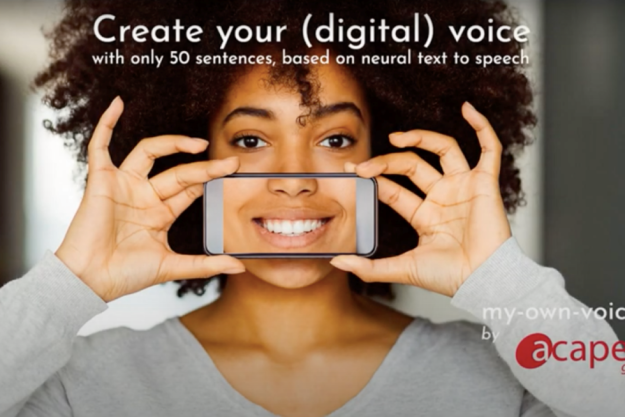This content was produced in partnership with Apollo Neuroscience.
Have you been struggling to get the recommended seven hours of sleep? It’s always frustrating when you get in bed at a reasonable time, then toss and turn for a hours before you actually sleep. The quality of that sleep is important too. If you’re waking up multiple times during the night, you’re likely not getting the quality REM cycle sleep that truly rejuvenates your body. If traditional remedies like herbal teas and noise machines just aren’t helping, maybe it’s time to try a modern solution. Enter the Apollo wearable.
Now we understand being a little skeptical. How can a bracelet on your wrist or ankle affect your sleep patterns? Certainly the answer to a better night’s sleep can’t be so simple. We considered these same things when we first heard of it. We’ll dive deeper into the science behind the Apollo wearable, but suffice it to say that many people have experienced deeper, uninterrupted sleep while wearing one.
A non-conventional approach to better sleep

For starters, there are no miraculous claims of immediately better sleep, and what it does promise is reasonable. For example, Apollo Neuroscience, the company behind the wearable, says you need to use the bracelet at least five days a week, for three hours a day, to see optimal benefits. And what are those benefits? According to research, consistent use of the Apollo wearable left users with an extra 30 minutes of sleep at night, a 14% increase in REM sleep, and a 19% increase in deep sleep, all of which are reasonable claims to make and great if you need that extra little push for better sleep. But how does it work?
Well, primarily, the Apollo wearable uses silent touch therapy to interfere with stress that the body builds up. Think of it as a mini-massage for your nervous system, and you can wear the device anywhere for it to work. Whether it’s on your wrist like a watch or your ankle, you still receive the positive effects of the vibrations, which is convenient for those of us who already wear a watch or bracelets. The wearable pairs with an app that allows you to pick from different goal-based modes — like Unwind, Focus, and Fall Asleep — intensities and integrate into other health trackers, such as the Oura ring.
Since Apollo combats our natural stress responses, it’s a great product to use beyond getting better sleep. Imagine what you can do if you generally feel less stressed? The wearable can help you be calmer overall, help with things like meditation and mindfulness, and even help you focus on your work rather than the stress you’re having. It can even help us recover from stress quicker in the long term by improving our heart rate variability (HRV), a biomarker for how well our bodies recover and respond to daily pressures.
What’s the science, and is it valid?
Right off the bat, we’ll let you know that the Apollo wearable has gone through several clinical trials and real-world studies, and they take their research seriously. While the sample sizes of the studies may appear small at first glance, some of the studies are double-blind randomized placebo-controlled crossovers trials, which are the gold standard in scientific methodology. It also increases the legitimacy of the research. Apollo Neuro has completed seven clinical trials, and even better, the parent company is conducting nine new clinical trials with significantly larger sample sizes, the biggest one being 6,000 participants, which is a good sign since companies, universities, and medical organizations will not put a ton of money into research and studies if there isn’t some merit.
So what does this mean for you and me? Well, for starters, the Apollo does seem to work quite well for better sleep, and if you’re in a situation where you need that extra push for better overall sleep, Apollo will likely help you.As for focus, energy, recovery, and the other noted benefits, we recommend you check out the research for yourself.
Really, the only big downside is that the Apollo wearable is a little bit pricey at $349, although it’s certainly worth it for extra sleep and stress relief. Luckily, if you’re a Digital Trends reader, you can get a $40 discount using the code DIGITALTRENDS when you’re in the cart, and the offer is good until May 31st, 2023.
Editors' Recommendations
- You can start exploring your family tree on Ancestry for free right now
- The 11 best Father’s Day deals that you can get for Sunday
- If You Hold Crypto, You NEED a Wallet like Ledger, Here’s Why




